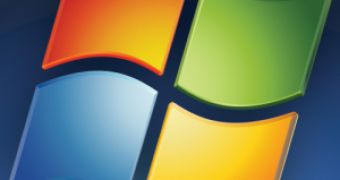Since approximately mid-2008, all has been quiet on the non-Windows Microsoft operating system front. With Singularity available for download, and the Midori leaked details losing their newsworthy characteristics, the focus has slowly shifted to the developing Windows 7 operating system. But still, both Singularity and Midori continue to be built in Redmond, the latter kept under a very tight lid, tighter than even Windows 7. The lack of details is not equivalent to inactivity, and Microsoft has added new blood to the Midori project with microkernel developer Jonathan S. Shapiro jumping aboard.
“Some of you will have noticed that I have been conspicuously silent over the last three or four weeks. I have spent much of that time airborne, or in interviews at Google, Microsoft, and DARPA,” Shapiro explained. “After a fair bit of soul-searching, I have decided to accept a fairly senior position at Microsoft associated with the Midori project. The current plan has me starting there at the beginning of August.”
Before moving to Midori, Shapiro has been working on the BitC language and the Coyotos operating system, also a microkernel-based platform. With his move to Microsoft, Shapiro announced that BitC would be wrapped up and indicated that all the features planned for the first release of the language might not actually make it before he would start working with Microsoft.
“I have asked Microsoft if we can keep the various web sites alive for archival access and the mailing list, but I should also ask if there is anyone out there who would be interested to assume more active stewardship of the BitC project. I emphasize that unless management at Microsoft concludes otherwise, I will no longer be able to participate actively in these discussions,” Shapiro added.
Midori, based on the work done with Singularity, is an operating system written entirely in managed code. The project is currently in incubation under the leadership of Eric Rudder, senior vice-president, Technical Strategy. By comparison, Singularity version v2.0 is already available for download.
The Singularity Research Development Kit (RDK) 2.0 Initial Release (17067) is available for download here.

 14 DAY TRIAL //
14 DAY TRIAL //